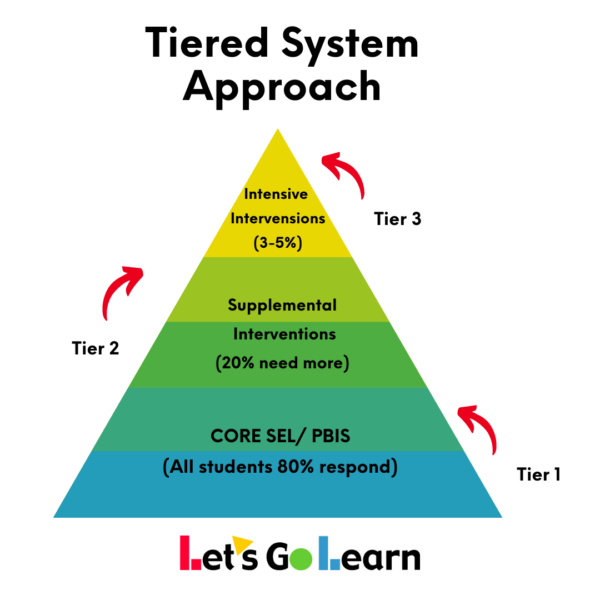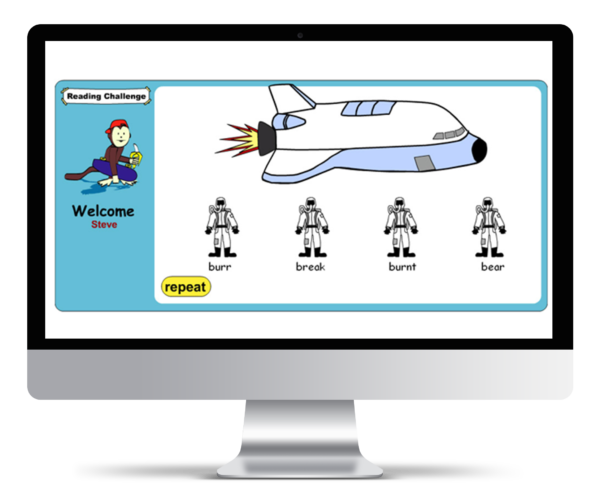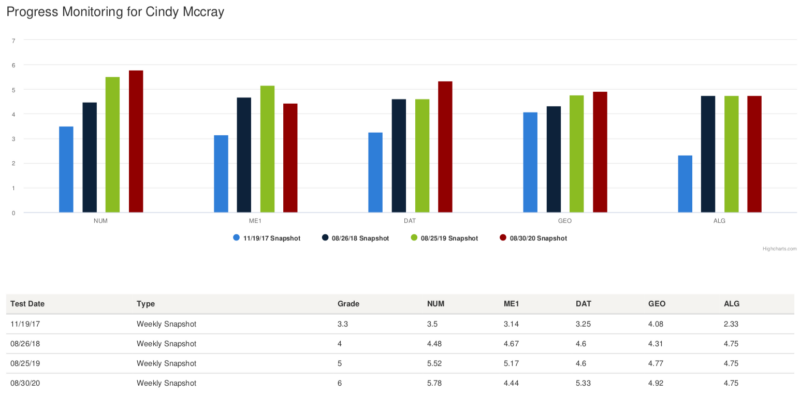Continuation School
Continuation schools have a long history of providing alternative education pathways for students who struggle in traditional school settings. Established in the early 20th century to address the needs of working youth, continuation schools have evolved to serve a wider range of students facing academic challenges. Today, an estimated one in five students in the United States is considered at risk of not graduating on time. These students may be dealing with personal challenges, falling behind in credits, or simply not finding a traditional classroom environment engaging. Continuation schools offer hope, providing a supportive and flexible environment where these students can get back on track and achieve their academic goals.
A continuation school is an alternative educational institution that caters to the needs of at-risk students who are unable to thrive in a traditional school setting. Its purpose is to provide these students with a supportive and structured environment to help them overcome challenges and ultimately attain their academic goals.
Continuation schools offer comprehensive services to address the specific needs of at-risk students. One way they do this is through innovative academic programs. These programs are designed to engage students in unique and stimulating ways, utilizing a variety of teaching methods to capture their interest and enhance their learning. By offering engaging coursework that aligns with the student’s interests, continuation schools aim to foster a love of learning and motivate students to succeed academically.
Who Attends Continuation Schools?
Continuation schools cater to a specific group of students who require alternative educational opportunities for various reasons. These schools provide an environment conducive to helping students who face challenges in traditional classroom settings. By offering flexible schedules, individualized support, and a focus on credit recovery, continuation schools aim to foster academic success and personal growth.

Learn Your Way. Graduate at Your Pace.
Students Who Have Fallen Behind In Credits
Students may fall behind in credits for a variety of reasons. Personal illness is one common cause of lost progress. Whether the problem is a chronic illness or a temporary health setback, the time spent recovering can lead to missed assignments and loss of credits.
Lack of motivation is another reason why students may need help to keep up with their coursework. A lack of interest in the subject matter or feeling overwhelmed by the workload can lead to procrastination and a failure to meet assignment deadlines. This can ultimately result in the student falling behind in credits and jeopardizing academic progress.
Scheduling conflicts can also be a major obstacle for students who juggle multiple responsibilities. Part-time jobs, extracurricular activities, and family obligations can all compete for a student’s time and attention. Without effective time management, students with limited time available to dedicate to coursework can find themselves falling behind.
It is crucial to promptly address the issue of falling behind in credits to avoid academic setbacks and the risk of a domino effect on a student’s academic journey.
Students With Behavioral Issues
Addressing behavioral issues in students requires a comprehensive approach that incorporates strategies and resources to promote a positive and inclusive environment. Recognizing the importance of diversity and equity in this process is important to ensure that all students receive support that is fair and tailored to their specific needs.
One strategy to address behavioral issues is a multi-tiered system of support (MTSS), which provides interventions at different levels based on the severity of the behavior. This approach includes preventive strategies such as promoting a positive school climate, teaching and reinforcing social-emotional skills, and providing clear expectations and consequences. For students with more significant behavioral challenges, targeted interventions such as individual behavior plans or counseling services may be needed.

Inclusive classrooms also play a vital role in addressing behavioral issues. Teachers should promote a sense of belonging and acceptance among all students, regardless of their backgrounds or abilities. This can be achieved by using culturally responsive teaching strategies, integrating diverse perspectives into the curriculum, and creating opportunities for students to collaborate and learn from one another.
Various resources can support teachers in addressing behavioral issues. These include professional development opportunities to enhance knowledge and skills in behavior management and cultural competence. Collaboration with other professionals, such as school counselors or behavior specialists, can provide valuable insights and strategies for supporting students with behavioral challenges.
Addressing behavioral issues in students requires the implementation of various strategies and resources. Recognizing the importance of diversity and equity in creating an inclusive environment is fundamental to ensuring that all students receive the support they need to succeed.
Small Class Sizes For Individualized Attention
Small class sizes offer a conducive environment for individualized attention in the classroom. With fewer students, teachers are able to provide more opportunities for students to engage in discussions, receive personalized feedback, and build relationships with their instructors.
Individualized attention is essential for optimal learning, as it allows students to have their unique needs addressed. In smaller classrooms, teachers have the ability to recognize each student’s learning style and tailor their teaching methods accordingly. This ensures that every student can grasp the concepts being taught and reach their full potential.
Flexible Schedules For Working Students
Flexible schedules for working students offer numerous benefits and can greatly assist students in balancing work and academics. This implementation allows students to tailor their work hours around their class schedule, ultimately reducing stress and enhancing productivity.
One clear benefit of flexible schedules is the ability to achieve a better work-life balance. Juggling work and academic commitments can be challenging, but with flexible schedules, students have the opportunity to allocate their time effectively. They can work during their free periods or around their class schedule so that they have enough time to complete coursework and attend classes without feeling overwhelmed.
By reducing stress, flexible schedules contribute to increased productivity. Students can focus more effectively on both work and academics when they have control over their own schedules. They can attend classes, complete assignments, and excel at their jobs while avoiding burnout.
Empowering Personalized Learning
Let’s Go Learn is an innovative educational company that specializes in assessment tools, diagnostic testing, individualized instruction, and data reporting to enhance student performance in reading and math. With a strong focus on personalized learning, Let’s Go Learn aims to provide educators and students with the necessary tools and resources to achieve academic success.
Let’s Go Learn’s assessment tools are designed to measure a student’s reading and math abilities accurately. The diagnostic testing process is automated, making it efficient and time-saving for both educators and students. These assessments are tailored to each student’s unique needs, ensuring that the instruction delivered is individualized and targeted towards areas that require improvement.

The data collected from these assessments helps educators gain valuable insights into a student’s strengths and weaknesses, allowing them to develop targeted instructional plans. The reports generated by Let’s Go Learn provide detailed analysis and progress tracking, helping educators monitor individual student progress and make informed decisions about the most effective instructional strategies.
Let’s Go Learn’s individualized instruction is a key feature that sets it apart from traditional educational approaches. By adapting instruction to each student’s specific needs, Let’s Go Learn makes sure that students receive the support they require to master crucial reading and math skills. This personalized approach maximizes student engagement and promotes learning at one’s own pace, leading to improved academic performance.
The Role of Online Assessments in Continuation Schools
Online assessments play a critical role in continuation schools by providing educators with valuable insights into student progress and tailoring instruction to meet individual needs. With the ever-increasing use of technology in education, online assessments offer flexibility, convenience, and immediate feedback. These assessments allow continuation schools to accurately gauge student knowledge and skills, identify areas of weakness, and create targeted interventions. Online assessments also enable students to demonstrate their understanding in various formats, promoting critical thinking, problem-solving, and creativity. By tracking students’ progress over time, teachers can analyze data and make data-informed decisions to improve instruction and support student success. With the ability to administer assessments remotely, continuation schools can ensure continuity of learning even in challenging circumstances, providing students with equitable opportunities to thrive academically.
Benefits of Online Assessments for Individual Student Learning
Online assessments provide several benefits for individual student learning. One major benefit is that these assessments offer expert-level reading profiles for each student. This means that the assessments can accurately gauge students’ reading abilities and provide a detailed analysis of their strengths and areas for improvement.

Another advantage of Let’s Go Learn’s online assessments is that they automate the assessment process. Instead of relying on manual assessments, which can be time-consuming and subjective, online assessments provide a standardized and efficient method of evaluation. This not only saves time but also guarantees that all students receive a fair and unbiased assessment.
Let’s Go Learn Features for Effective IEP Writing
In addition to supporting MTSS, Let’s Go Learn’s features can streamline the IEP writing process for continuation schools.
- Data-driven Recommendations: The assessment data provides objective evidence to support IEP goals and learning objectives.
- Personalized Learning Plans: Teachers can leverage the data to create personalized learning plans that address each student’s unique needs.
- Progress Tracking Reports: Detailed reports track student progress over time, making it easier to measure the effectiveness of IEP interventions.
By leveraging Let’s Go Learn’s assessment tools and aligning with the MTSS framework, continuation schools can ensure that they are providing the most effective support for their students, ultimately helping them achieve academic success.
Providing a Second Chance for Success
Continuation schools offer a vital lifeline for students who struggle in traditional educational settings. They provide a supportive and flexible environment with individualized attention and innovative programs, catering to the specific needs of at-risk students. By addressing challenges like credit deficiency, behavioral issues, and scheduling conflicts, continuation schools empower students to overcome obstacles and achieve their academic goals.
Through a combination of effective strategies such as online assessments, personalized learning, and flexible schedules, these schools equip students with the tools and confidence they need to succeed. Continuation schools are not just an alternative; they are a pathway to a brighter future for many students.


Leave A Comment